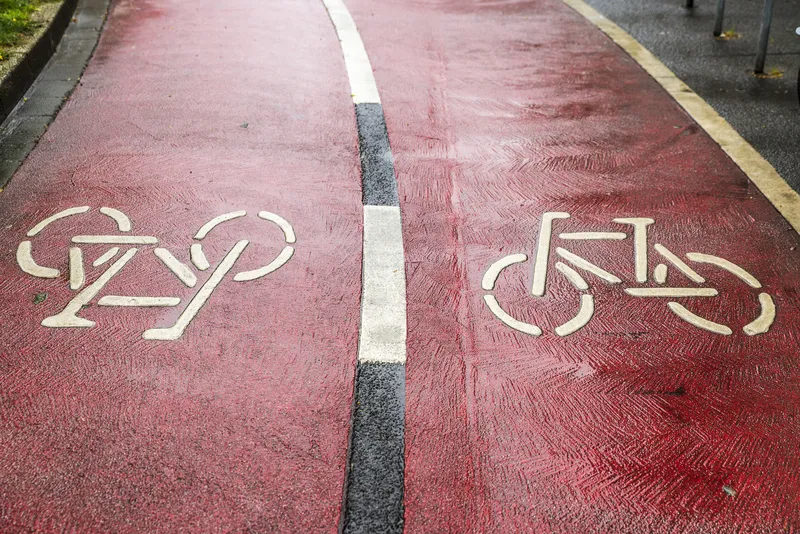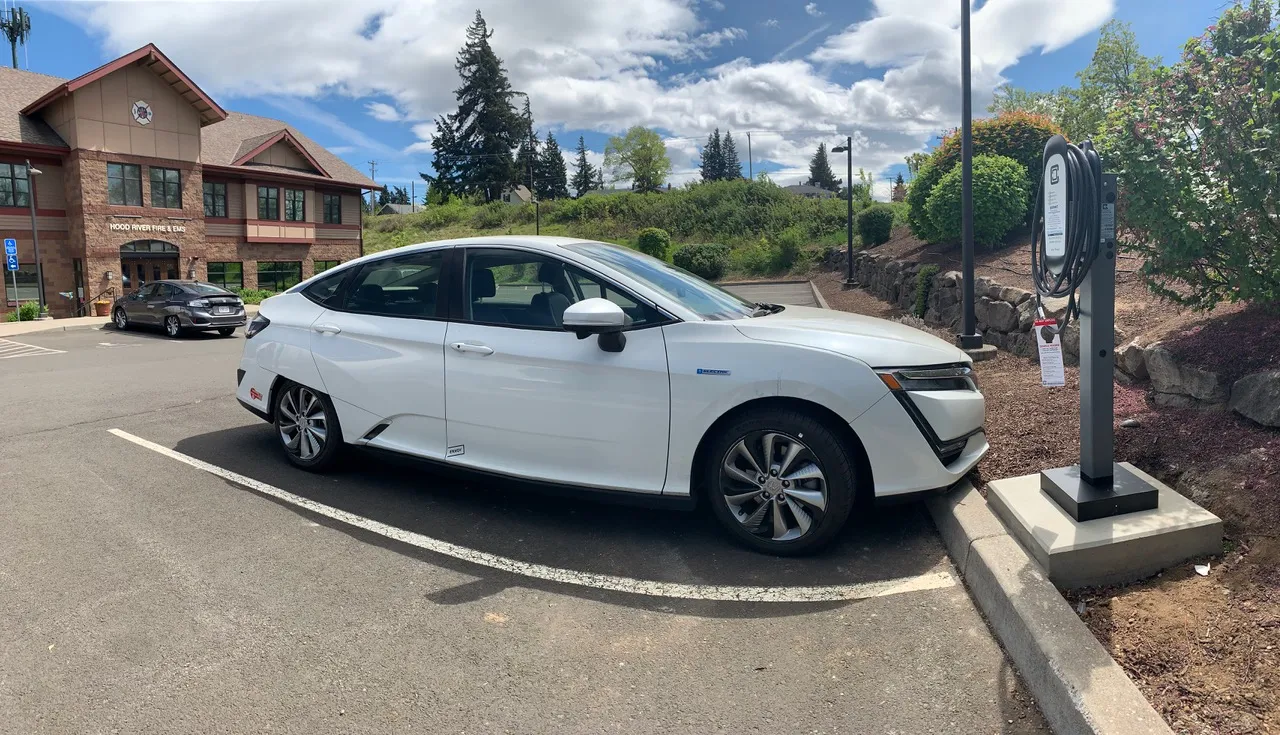The European Commission has unveiled measures to boost the deployment of alternative fuels, including electricity and hydrogen, in EU transport. Under the Clean Power for Transport package, the Commission proposes a minimum number of recharging points per country with common standards for interoperability throughout the EU. Even though alternative fuels, such as electricity and hydrogen are available in the market, there are several obstacles that prevent their wider deployment. According to the European Co
January 29, 2013
Read time: 2 mins
The 1690 European Commission has unveiled measures to boost the deployment of alternative fuels, including electricity and hydrogen, in EU transport. Under the Clean Power for Transport package, the Commission proposes a minimum number of recharging points per country with common standards for interoperability throughout the EU.
Even though alternative fuels, such as electricity and hydrogen are available in the market, there are several obstacles that prevent their wider deployment. According to the European Commission, the major hurdle is the lack of charging infrastructure with a common plug to facilitate the interoperability. With the ‘Clean Power for Fuel Transport’, the Commission aims to break the vicious circle between the lack of infrastructure and the shortage of demand for alternative fuel vehicles.
Several alternative fuels, including electricity, hydrogen, LPG, natural gas and biofuels have been recognised as the main options for different transport modes.
The majority of Member States does not currently have sufficient number of publicly accessible charging points and have not set any targets or announced strategies to roll out an adequate network of recharging facilities. The existing charging infrastructure varies greatly across the EU, with Germany, France, the Netherlands, Spain, Austria and the UK ahead of other Member States.
To address this hurdle and to put in place a critical mass of charging stations to boost the deployment of EVs, the European Commission proposes minimum number of charging points per country that shall be put in place by 2020 at the latest. Moreover, the proposal requires that at least 10% of the recharging points be publicly available. The total estimated cost for the proposed development of electric charging points in the EU will be approximately US$12.5 billion.
Even though alternative fuels, such as electricity and hydrogen are available in the market, there are several obstacles that prevent their wider deployment. According to the European Commission, the major hurdle is the lack of charging infrastructure with a common plug to facilitate the interoperability. With the ‘Clean Power for Fuel Transport’, the Commission aims to break the vicious circle between the lack of infrastructure and the shortage of demand for alternative fuel vehicles.
Several alternative fuels, including electricity, hydrogen, LPG, natural gas and biofuels have been recognised as the main options for different transport modes.
The majority of Member States does not currently have sufficient number of publicly accessible charging points and have not set any targets or announced strategies to roll out an adequate network of recharging facilities. The existing charging infrastructure varies greatly across the EU, with Germany, France, the Netherlands, Spain, Austria and the UK ahead of other Member States.
To address this hurdle and to put in place a critical mass of charging stations to boost the deployment of EVs, the European Commission proposes minimum number of charging points per country that shall be put in place by 2020 at the latest. Moreover, the proposal requires that at least 10% of the recharging points be publicly available. The total estimated cost for the proposed development of electric charging points in the EU will be approximately US$12.5 billion.









